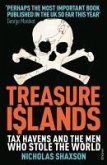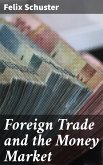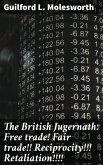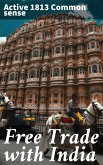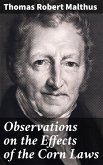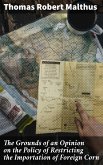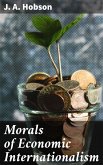Thomas Mun's 'England's Treasure by Forraign Trade' is a influential work that explores the importance of trade in building a nation's wealth. Written in a clear and accessible style, Mun delves into the economic theory of mercantilism, emphasizing the belief that a country should export more than it imports in order to accumulate precious metals and grow its economy. The book highlights the significance of a nation's balance of trade and the role of government policies in promoting economic growth in a rapidly changing world. This work not only serves as a valuable historical document on economic thought in the 17th century, but also provides insights that are still relevant in modern economics. Mun's use of real-world examples and practical advice make this book a must-read for anyone interested in the history of economic theory. Thomas Mun, a British economist and merchant, draws upon his own experiences in trade and commerce to offer a unique perspective on the economic landscape of his time. His expertise and practical knowledge shine through in this seminal work, making it a foundational text in the field of economics. I highly recommend 'England's Treasure by Forraign Trade' to readers who wish to deepen their understanding of the historical development of economic thought and its impact on policy-making.
Dieser Download kann aus rechtlichen Gründen nur mit Rechnungsadresse in A, B, BG, CY, CZ, D, DK, EW, E, FIN, F, GR, H, IRL, I, LT, L, LR, M, NL, PL, P, R, S, SLO, SK ausgeliefert werden.



